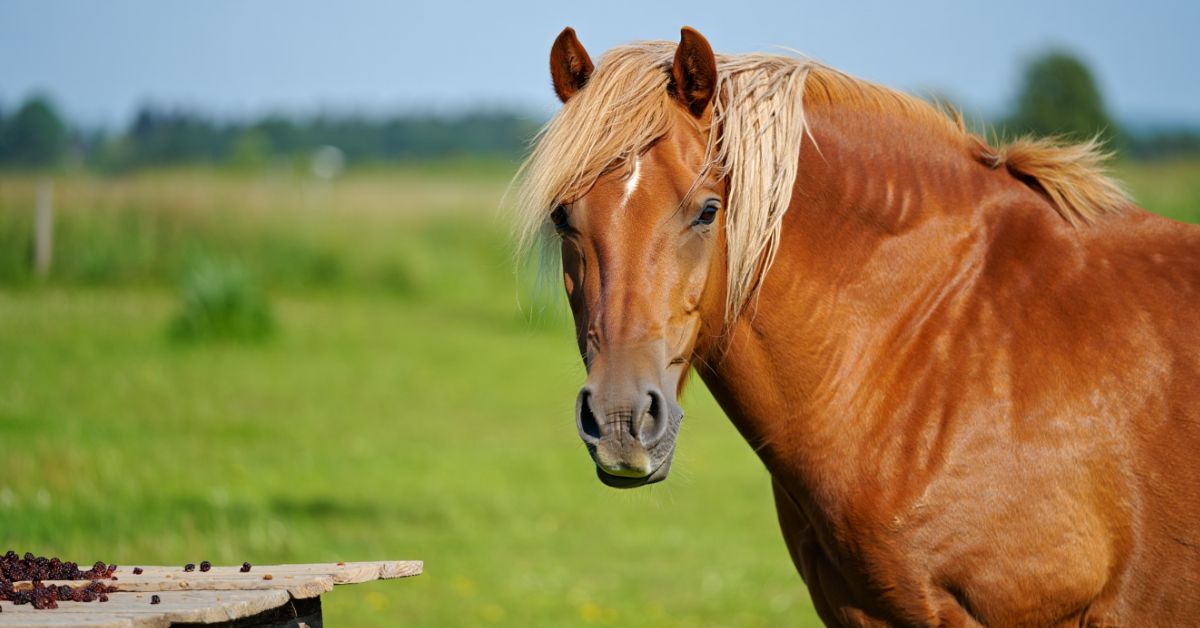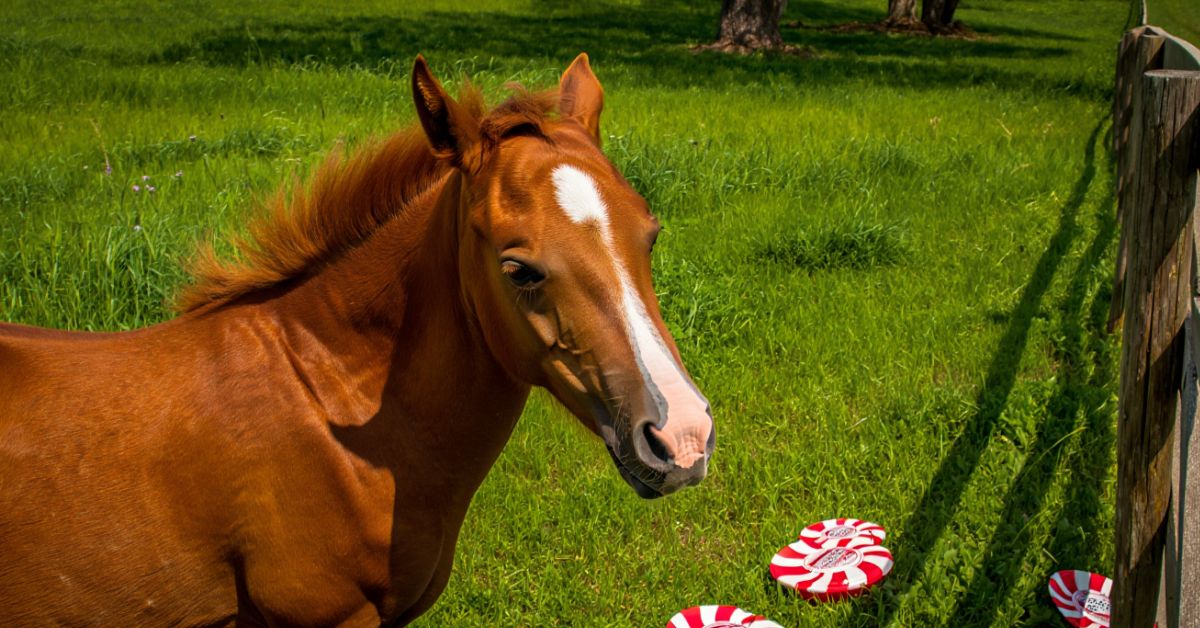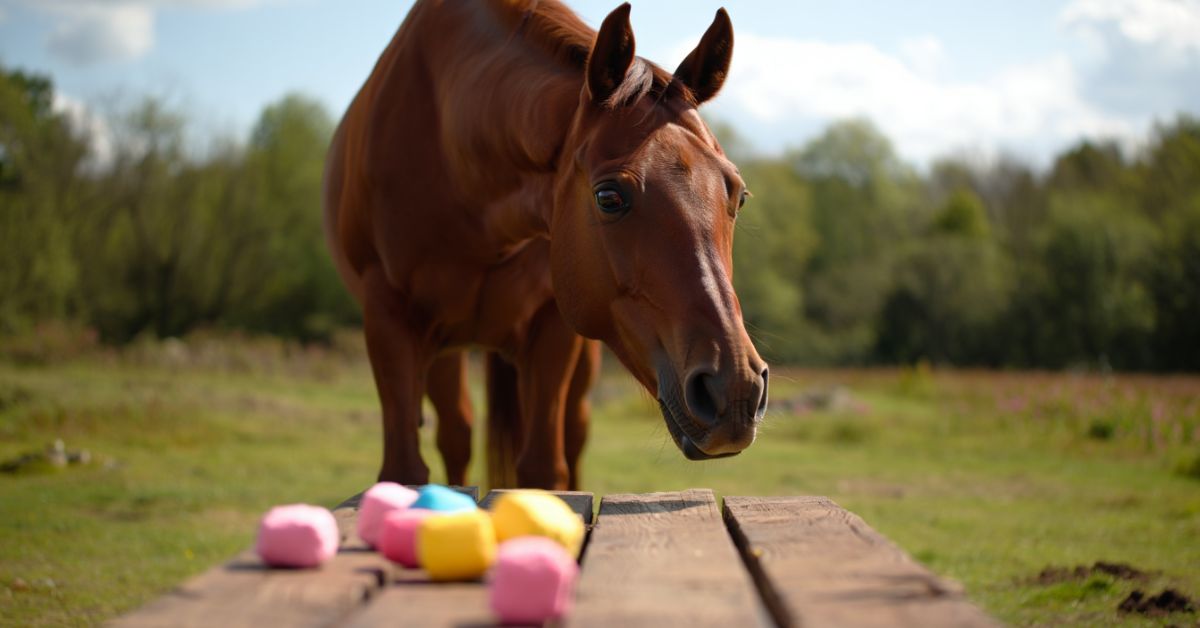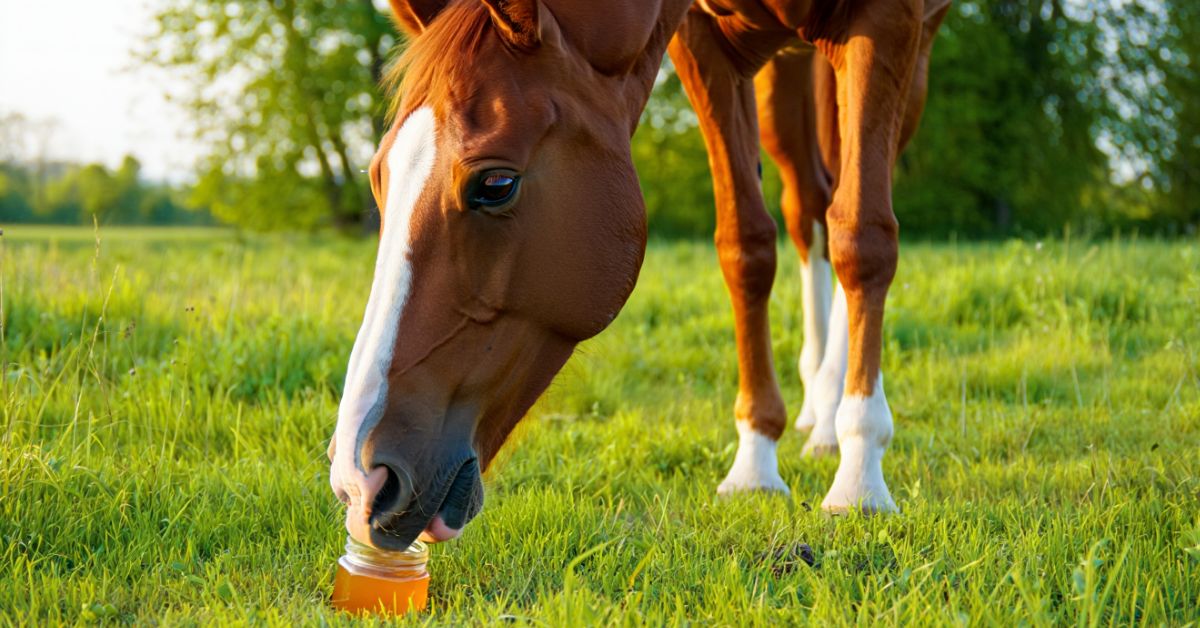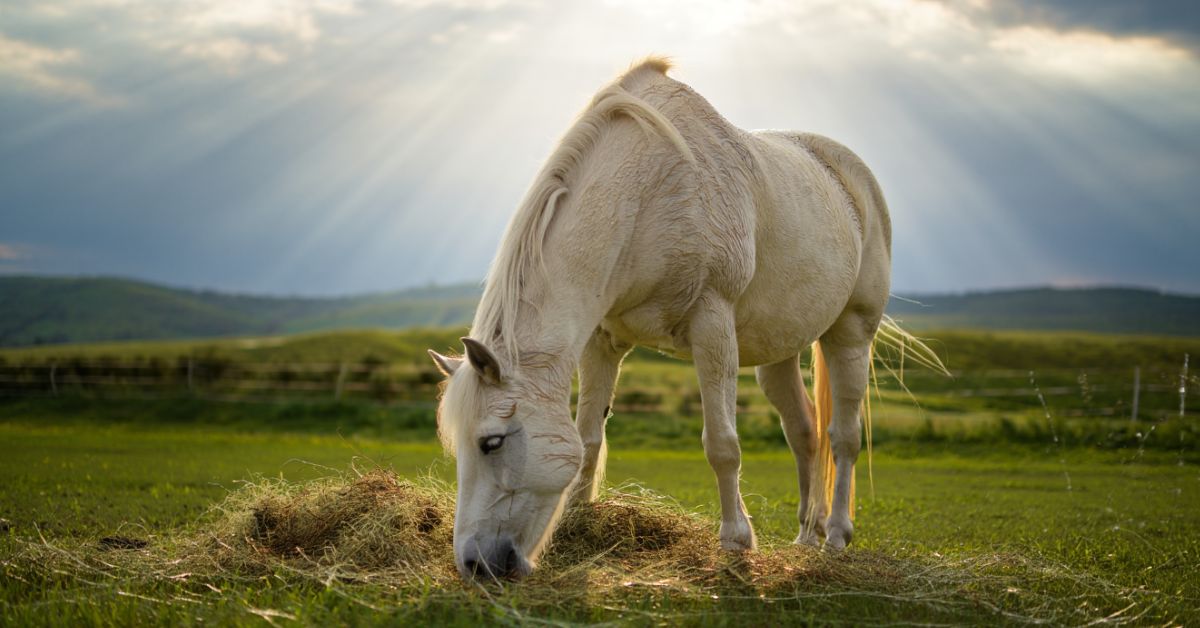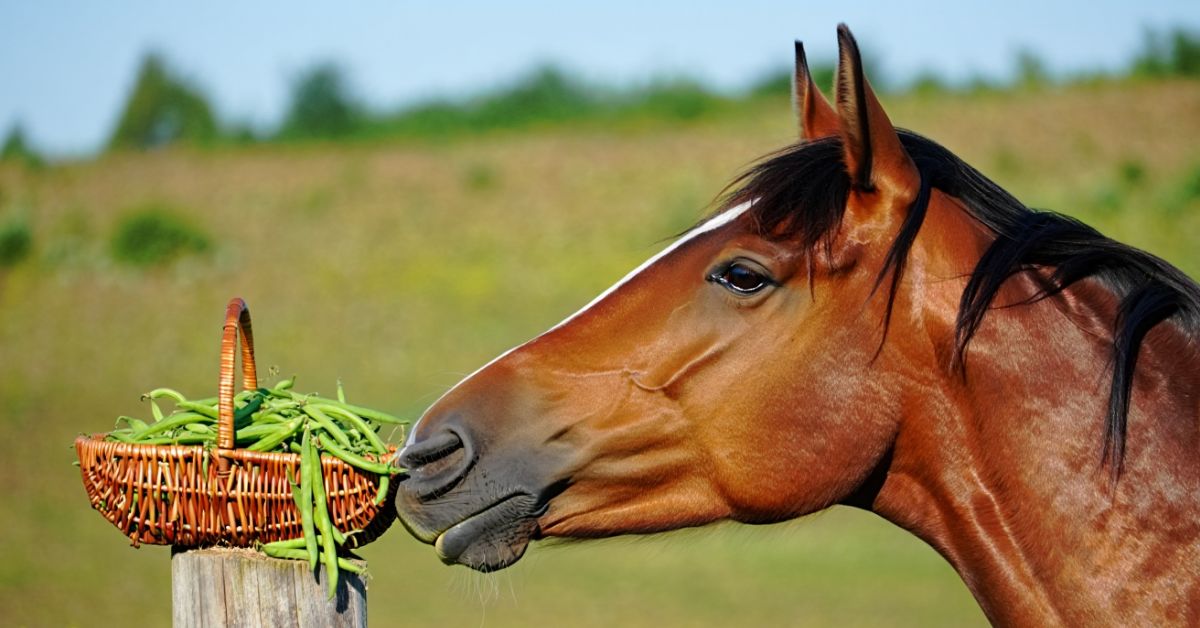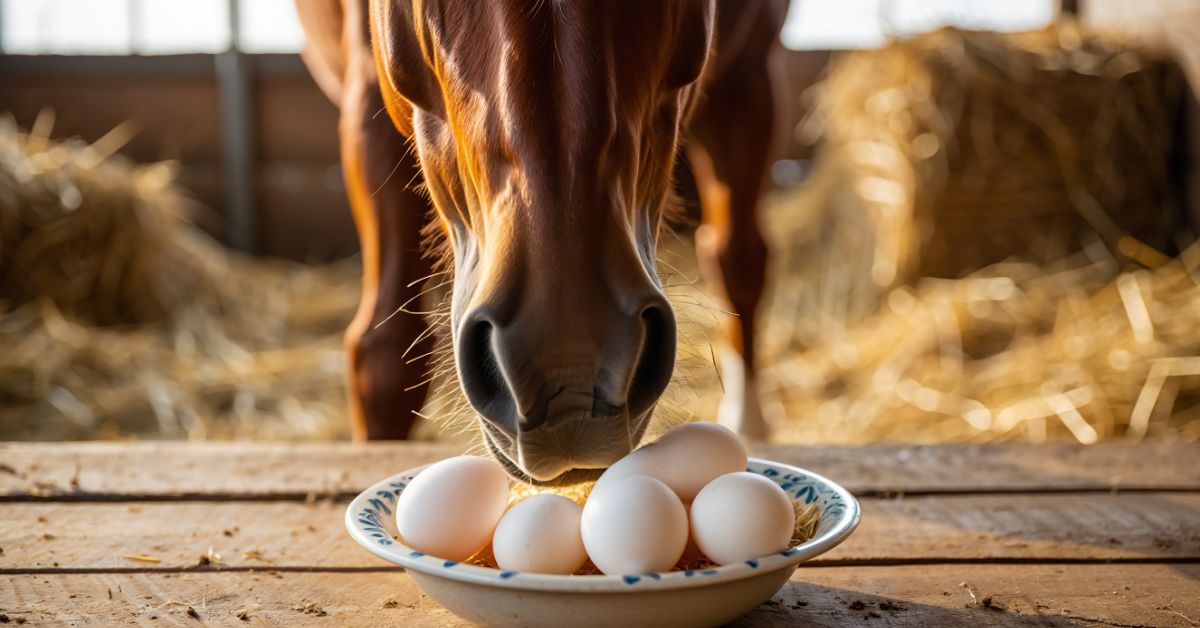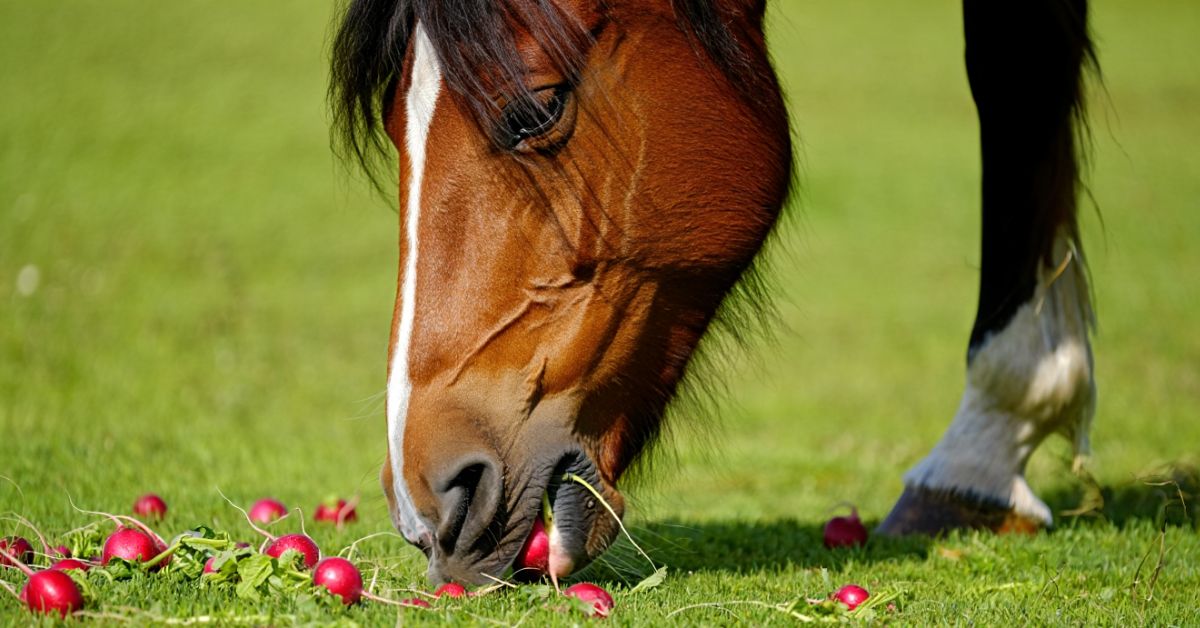
Can Horses Eat Raisins? A Vet-Approved Guide
You're enjoying a handful of raisins and your horse gives you that look—the one that says, "Are you going to share?" You pause. You’ve heard whispers that grapes and raisins are toxic to dogs, so it’s only natural to wonder: Can horses eat raisins?
Let’s clear this up right away: Yes, horses can safely eat raisins, but only in strict moderation. Unlike dogs, for whom grapes and raisins can cause kidney failure, there are no scientific reports of raisins being toxic to horses.
However, that "yes" comes with some very important "buts." This guide will walk you through the sweet and sour of feeding raisins to your horse. We’ll cover the risks, safe feeding practices, and fantastic alternatives to keep your equine partner happy and healthy. ✨
The Sweet Dilemma: Why Raisin Sugar Content Matters
The number one concern with feeding raisins to horses isn't toxicity—it's sugar. Raisins are essentially dehydrated grapes for horses, which concentrates their sugar content significantly. This makes them a very high-sugar horse treat, which can be problematic for a few key reasons.
A horse's digestive system is a delicate environment, finely tuned to break down high-fiber forage. A sudden flood of sugar can upset this balance, potentially leading to digestive issues.
For certain horses, this sugar rush is particularly dangerous:
-
Equine Metabolic Syndrome (EMS) & Insulin Resistance (IR): For horses with these conditions, a high-sugar snack can cause a dangerous spike in blood insulin. This is a major trigger for laminitis, a painful and debilitating hoof condition. Therefore, the raisins for IR horses (Insulin Resistant) debate ends here—it's a risk not worth taking.
-
PPID (Cushing's Disease): Much like with EMS, horses with PPID struggle to regulate their insulin levels, making sugary treats a serious concern.
-
Easy Keepers: If your horse gains weight just by looking at grass, the extra calories from sugary raisins are not doing them any favors.
Overloading any horse with sugar can contribute to weight gain and disrupt the delicate balance of their gut microbes, increasing the risk of colic from raisins or other digestive upsets.
"The horse's digestive tract contains a delicate balance of bacteria and other microbes that are essential to intestinal function. It's incredibly easy to upset this balance, especially by feeding things that aren't part of the normal diet."
How to Feed Raisins to Horses Safely: The Golden Rules 💡
If your horse is healthy and you decide to offer raisins as an occasional treat, following these horse nutrition guidelines is non-negotiable.
1. Moderation Horse Feeding is Key
What does "moderation" actually mean? For a treat as sugary as raisins, it means a very small amount. A good rule of thumb is a small handful—think no more than what fits comfortably in your palm—and only occasionally. Treats of any kind should make up less than 10% of your horse's total daily diet. A few raisins once or twice a week is plenty.
2. Watch for Potential Risks
Even when fed in small amounts, it's wise to be aware of potential issues:
-
Digestive Issues & Horse Treats: After giving your horse raisins for the first time, monitor them for any signs of discomfort, gas, or loose manure. This could indicate their system is sensitive to the sudden sugar intake.
-
Choking Hazard: While raisins are small, a horse that bolts its food could potentially choke if they try to swallow a large clump at once. It’s less of a choking hazard than whole grapes, but still something to be mindful of.
3. Consider the Source
Stick to plain, unseasoned raisins. Avoid any that are covered in yogurt, chocolate (which is toxic to horses), or extra sugar. The simpler, the better.
Healthier Snacking: A List of Vet-Approved Equine Treats 🥕
While a few raisins are okay for most healthy horses, they aren't the most nutritious option. If you're looking for the best horse rewards that are both safe and beneficial, here is a list of fantastic alternative safe horse treats:
-
Carrots: The classic for a reason! Cut them into sticks or rounds to prevent choking.
-
Apple Slices: Another favorite, just be sure to remove the core and seeds.
-
Celery: An excellent low-sugar option that's crunchy and hydrating.
-
Berries: Strawberries and blueberries are packed with antioxidants and are a delicious, safe fruit for horses.
-
Melon: Watermelon (including the rind), cantaloupe, and honeydew are hydrating and tasty treats.
-
Commercial Low-Starch Treats: Many companies now produce specially formulated treats for horses with metabolic concerns.
These natural horse treats provide variety and nutrients without the concentrated sugar punch of dried fruit for horses.
On the flip side, there is a list of unsafe foods to feed horses that should be avoided at all costs. These toxic foods for horses include chocolate, avocados, onions, garlic, potatoes, tomatoes, and dairy products.
The Verdict: Are Raisins a Good Treat for Your Horse?
So, should raisins be on your horse's treat menu? For a healthy horse without metabolic issues, a few raisins given infrequently are unlikely to cause harm. They are palatable, easy to carry, and most horses do like them.
However, their high sugar content and low nutritional value mean they should be considered a "junk food" treat. There are many healthier, safer, and more beneficial options available. When it comes to your horse's diet, prioritizing forage and low-sugar, high-fiber foods is always the winning strategy. 🐎
FAQ: Your Top Questions on Feeding Raisins to Horses
1. How many raisins can I safely give my horse?
For a healthy, average-sized horse, a small handful (around 1/4 cup) on an occasional basis is a safe limit. Never make it a daily treat.
2. Are raisins or grapes better for equines?
Both are high in sugar. The main difference is that whole grapes for horses pose a slightly higher choking risk and should be cut in half. Raisins, being smaller and chewier, have a lower risk of choking.
3. Do raisins cause laminitis in horses?
Directly, no. However, their high sugar content can cause an insulin spike, which is a known trigger for laminitis in horses with Equine Metabolic Syndrome or PPID. For this reason, avoid raisins completely if your horse is at risk.
4. Can ponies eat raisins?
Yes, but the principle of moderation is even more critical. Because of their smaller size, a "small handful" for a pony is significantly less than for a large horse. A few individual raisins are a more appropriate amount.
5. What are the main raisin side effects for horses?
The most common side effects from feeding too many raisins are digestive upset, gas, or diarrhea due to the disturbance of gut flora from the high sugar content.
Conclusion
To sum it up: while raisins aren't toxic to horses, they are a high-sugar treat best given in very small amounts and only to healthy horses without metabolic conditions. Always prioritize your horse's foundational diet of forage and choose healthier, low-sugar alternatives for regular rewards.
